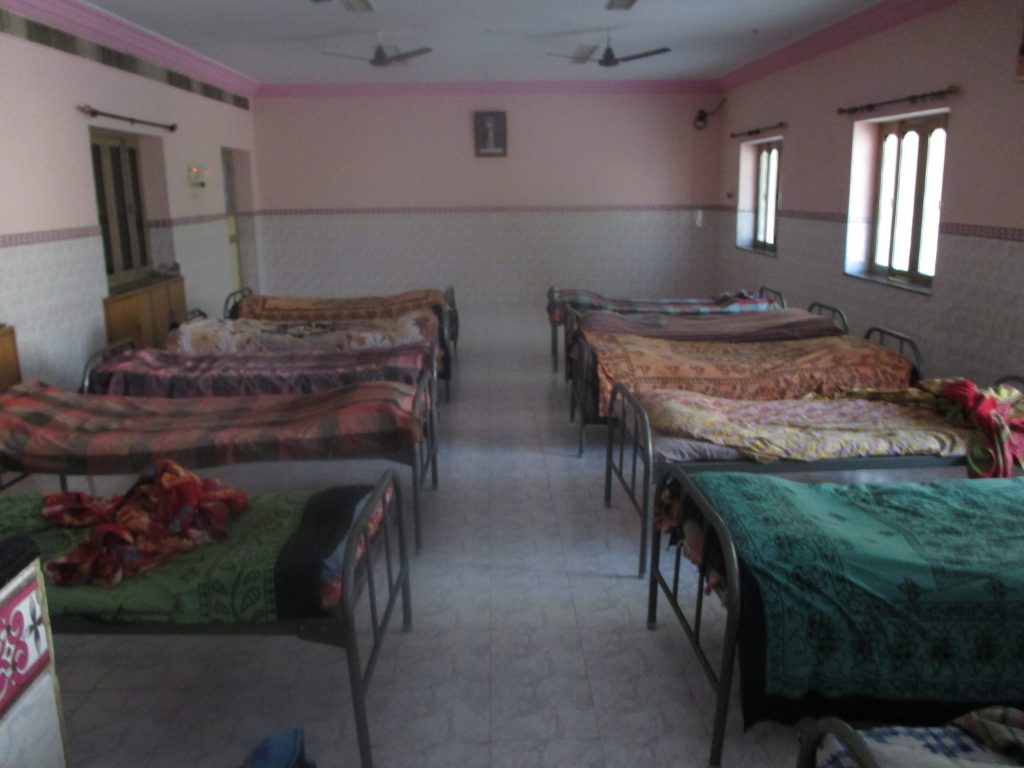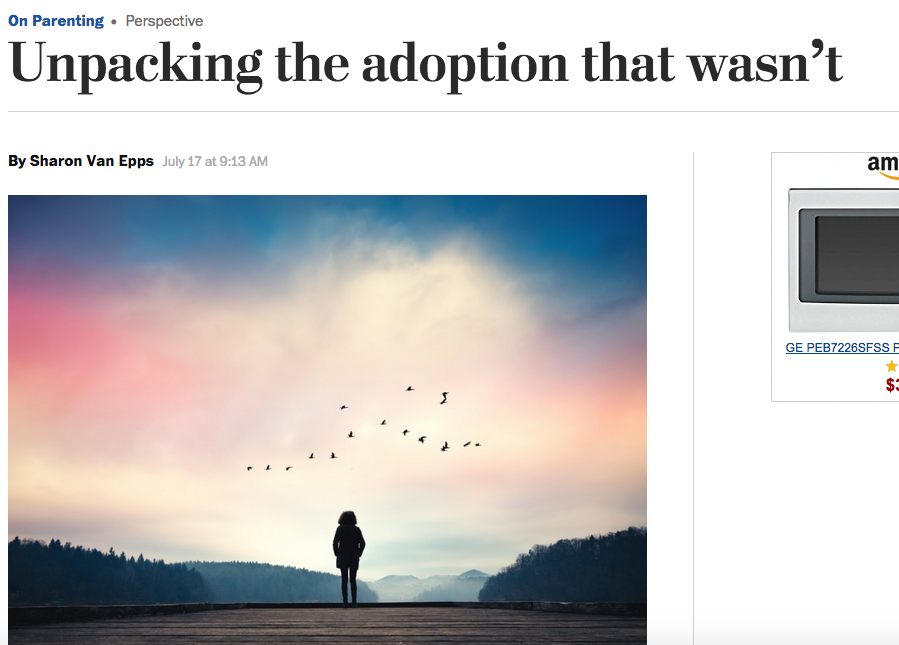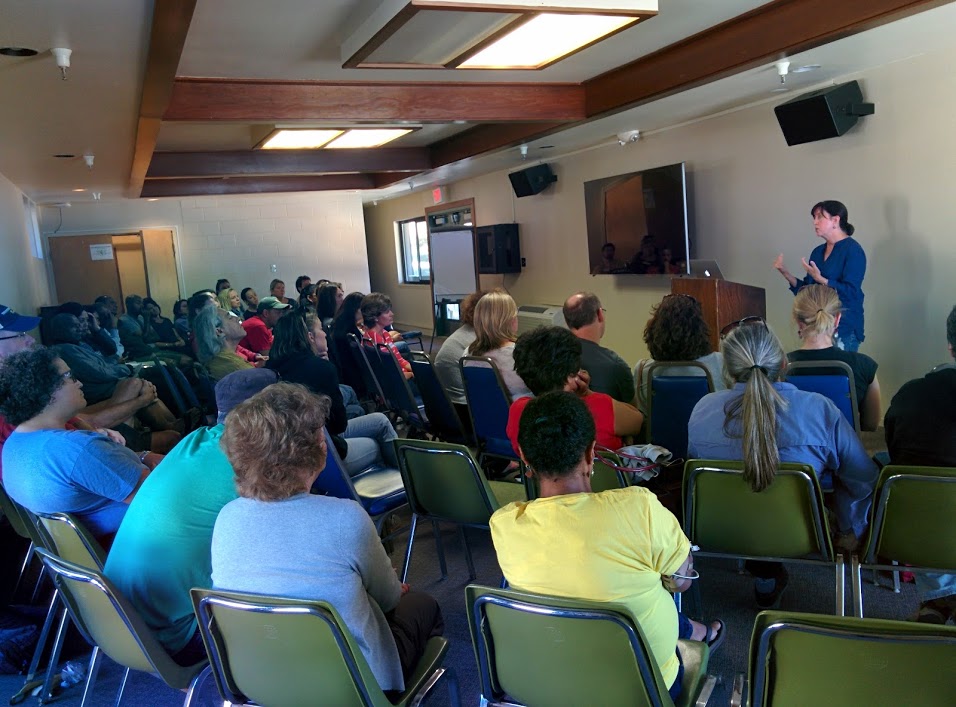New Essay on Why #FamiliesBelongTogether

Yes, I know. Bad news is everywhere right now. Sometimes we have to turn away to recover and recharge, but then we must re-engage. We can’t afford not to. In […]
A new essay from me up at The Washington Post

I don’t usually write a blog post when I publish something online, but thus far 2017 has been a rough one career-wise, so I’m pretty excited to get some work […]
Remembering that terrifying pool party in McKinney, Texas

Last week a grand jury declined to press charges against a former McKinney, Texas police officer who threw a teenage girl to the ground during a pool party raid last […]
My Favorite Family Weekend of the Year

Recently I enjoyed one of my favorite weekends of the year with my family: African Cradle Ethiopian Heritage Camp at Redwood Glen in the Santa Cruz Mountains. People always ask, […]
